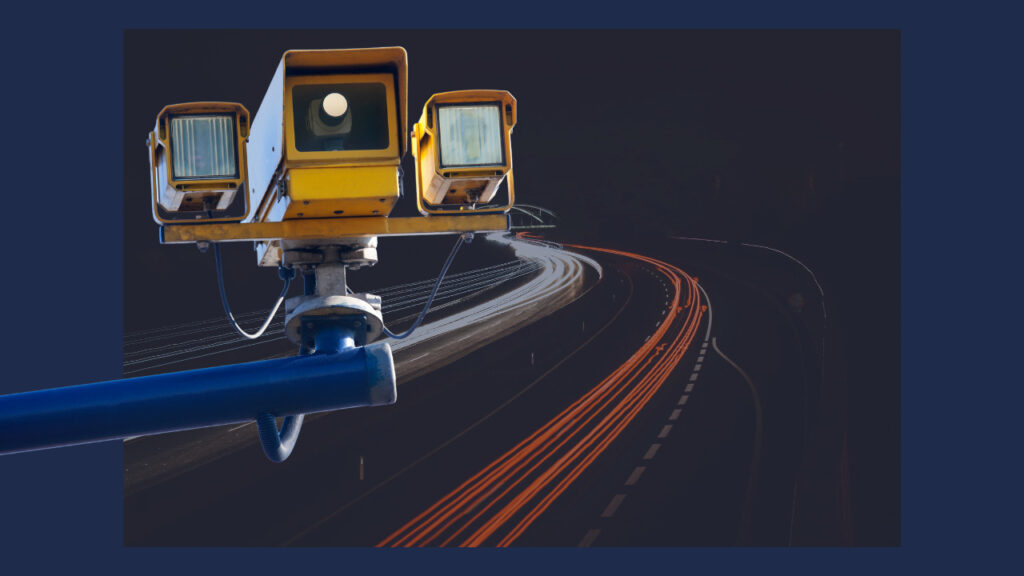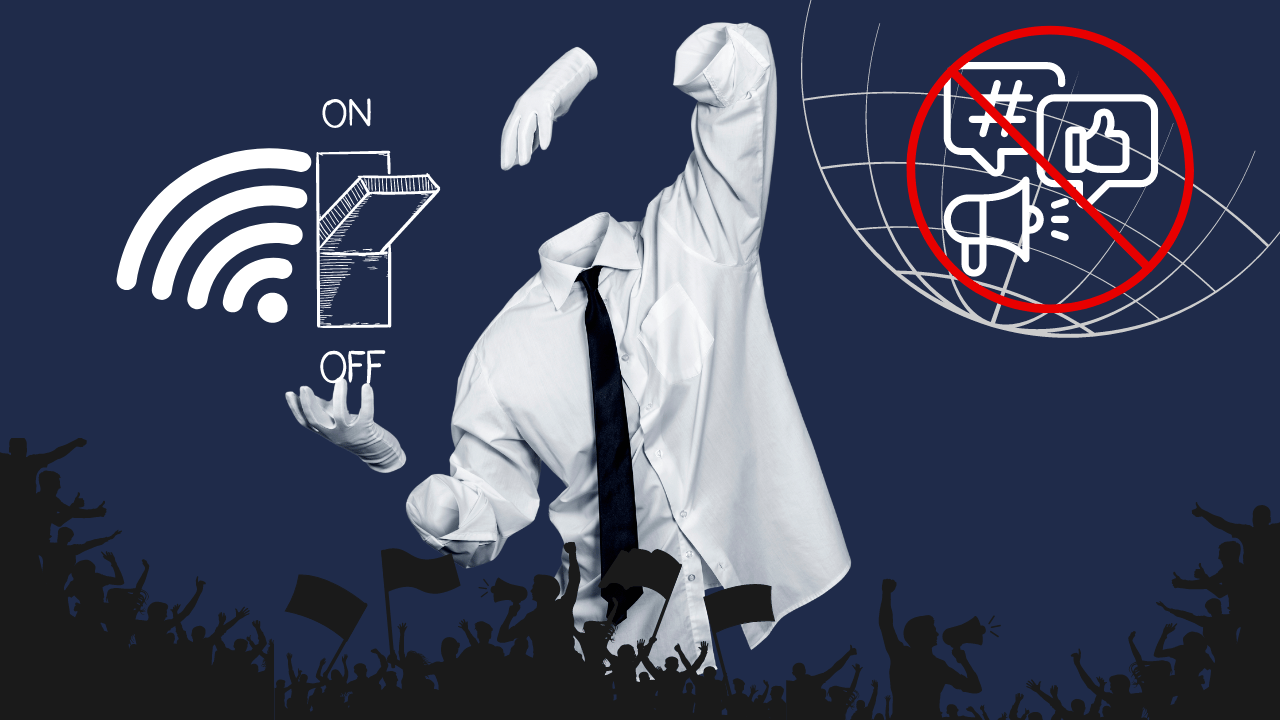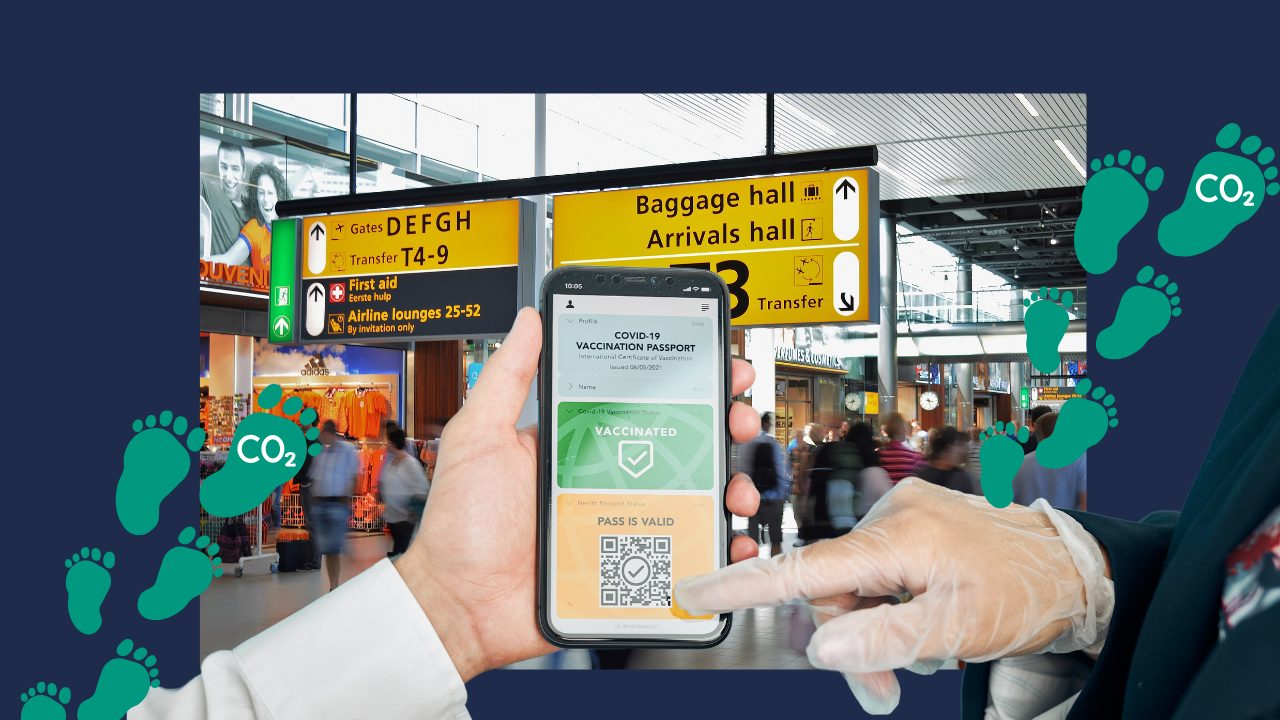The Rise of Speed Cameras:
Something that became the norm in Germany is becoming a trend in many cities around the world: installing “red-light camera” systems that photograph vehicles allegedly running red lights or stop signs and then use the license plate to look up the owner’s address and mail him or her a ticket.
Speed cameras, also known as photo radar or automatic number plate recognition (ANPR) cameras, were initially introduced to curb speeding and reduce road accidents. These devices use advanced technology to capture images of vehicles exceeding the speed limit, subsequently leading to the issuance of fines or tickets. Proponents argue that the implementation of speed cameras has proven effective in promoting road safety and decreasing traffic-related fatalities.
Government and private-industry surveillance techniques created for one purpose are rarely restricted to that purpose, and every expansion of a data bank and every new use for the data opens the door to more and more privacy abuses.
However, many red-light camera systems have been installed under contracts that deliver a cut of ticket revenue to the contractor. That creates an obvious incentive to contractors to “game” the system in order to increase revenue and in turn generates public cynicism and suspicion. Such bounty contracts make a mockery of the ideal of disinterested justice and undermine the pursuit of traffic safety.
Legitimate questions have been raised about the choice of intersections where these cameras have been installed and about the timing of the yellow lights at those intersections — and whether such decisions were made to increase traffic safety or maximize ticket revenue.
The primary concern revolves around the collection and storage of personal data, including license plate information and vehicle movements. Critics argue that this surveillance infringes upon individuals’ right to privacy, as their every move on public roads becomes subject to monitoring and scrutiny.
Privacy concerns surrounding the use of speed cameras delve into the heart of the tension between technological advancements in surveillance and the protection of individual liberties. My apprehensions revolve around 3 key aspects:
1.Constant Surveillance and Tracking:
Speed cameras are essentially omnipresent eyes on the roads, capable of tracking the movements of vehicles continuously. Constant surveillance infringes upon the basic right to move freely without being subject to unwarranted monitoring. The notion of every vehicle’s journey being recorded raises concerns about the potential creation of comprehensive travel profiles for individuals.
Unlike opting into certain services, the constant monitoring on public roads leaves little room for drivers to exercise control over the collection and use of their personal data, raising questions about the voluntariness of such surveillance.
2. Location Data and Behavioral Patterns:
The collection of license plate information and vehicle movements enables the creation of detailed location-based data. Critics contend that this information can be misused to construct intricate behavioral patterns, potentially revealing sensitive details about a person’s daily routines, habits, and lifestyle choices. This level of surveillance goes beyond the scope of monitoring traffic violations and encroaches into the realm of personal privacy.
3. Data Retention and Security:
The extended retention of data collected by speed cameras raises questions about the security of this information. Privacy advocates argue that the storage of such sensitive data over an extended period poses risks of unauthorized access, hacking, or misuse. Concerns about data breaches leading to the exposure of individuals’ travel histories or other personal information add another layer to the privacy debate.
National Security Perspective:
On the other side of the spectrum, proponents of speed cameras emphasize their crucial role in national security. The data collected from these devices can be instrumental in various law enforcement efforts, such as tracking down stolen vehicles, identifying suspects in criminal investigations, and managing traffic flow during large-scale events. Supporters argue that the sacrifice of a certain degree of privacy is a small price to pay for the greater good of public safety and security.
However, technology is not failure proof, quite the opposite and between third party companies getting money from the issued tickets, privacy concerns and the most intense light in your eyes meanwhile you’re driving is very difficult to find better arguments to defend it that to say: governments need money.
The English Case
In 2019, several instances of speed camera failures were reported in London, raising concerns about the accuracy of the city’s automated enforcement system. The controversy emerged when a significant number of drivers contested speeding tickets they received based on the readings from malfunctioning cameras.
The reported issues included technical malfunctions and calibration errors that led to incorrect speed measurements. In some cases, drivers received fines for allegedly exceeding the speed limit, despite driving within the legal boundaries. The discrepancies in the readings were attributed to a failure in the calibration process of certain cameras.
As a result, there was a public outcry, with affected drivers and advocacy groups demanding a thorough investigation into the matter. The concerns extended beyond individual fines to the overall reliability and integrity of the speed camera network.
The incident prompted local authorities to conduct an extensive review of the affected cameras, implementing immediate measures to address technical malfunctions and recalibrating the devices. Additionally, transparency measures were introduced to inform the public about the corrective actions taken and to rebuild trust in the city’s automated speed enforcement system.
Making difficult to the city’s authorities to maintain public confidence in the accuracy and fairness of automated enforcement systems.
As the debate intensifies, governments and regulatory bodies grapple with the task of finding a middle ground that respects both individual privacy rights and the imperatives of national security and thousands of Londoners refused to pay their fines.
Um das richtige Gleichgewicht zu finden, müssen umfassende Gesetze und Verordnungen entwickelt werden, die den Umfang, die Grenzen und die zulässige Verwendung der von Radarkameras erfassten Daten klar definieren.
In einer idealen Welt sollten die Regierungen sicherstellen, dass die Bürgerinnen und Bürger gut über die Existenz und den Zweck dieser Geräte informiert sind. Außerdem sollte es strenge Protokolle für den Zugriff auf die Daten sowie deren Speicherung und Entsorgung geben, die regelmäßig überprüft werden, um Missbrauch oder unbefugten Zugriff zu verhindern.












